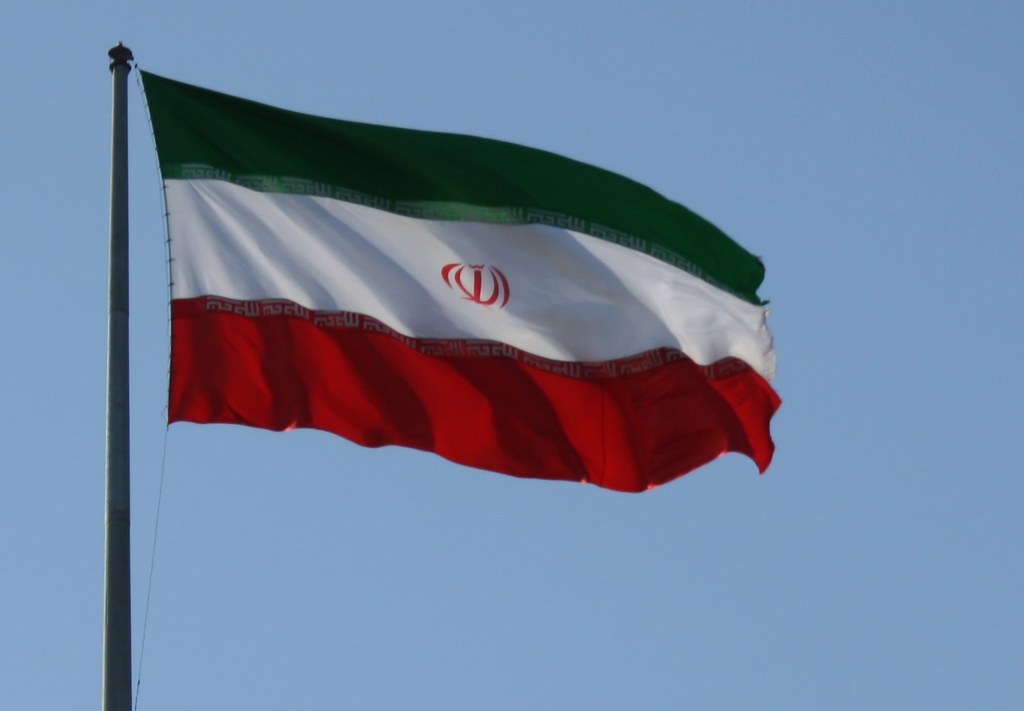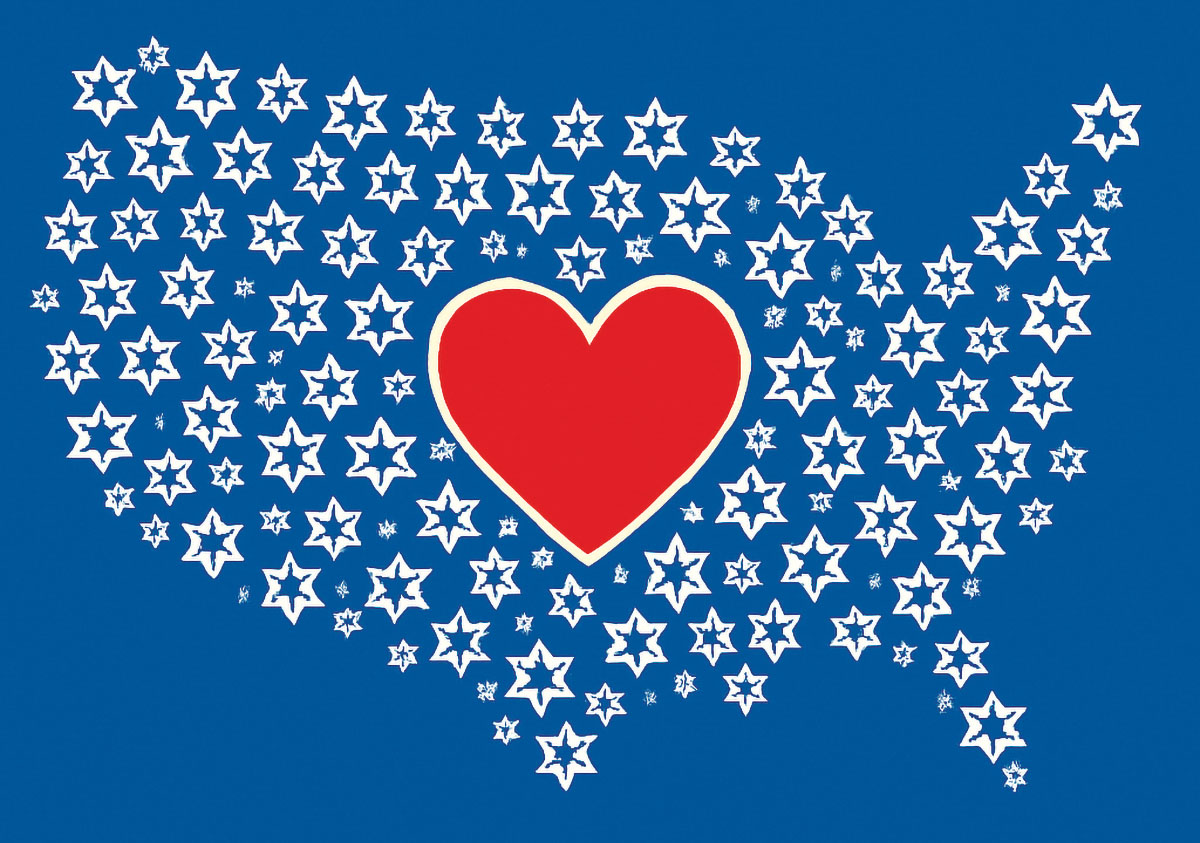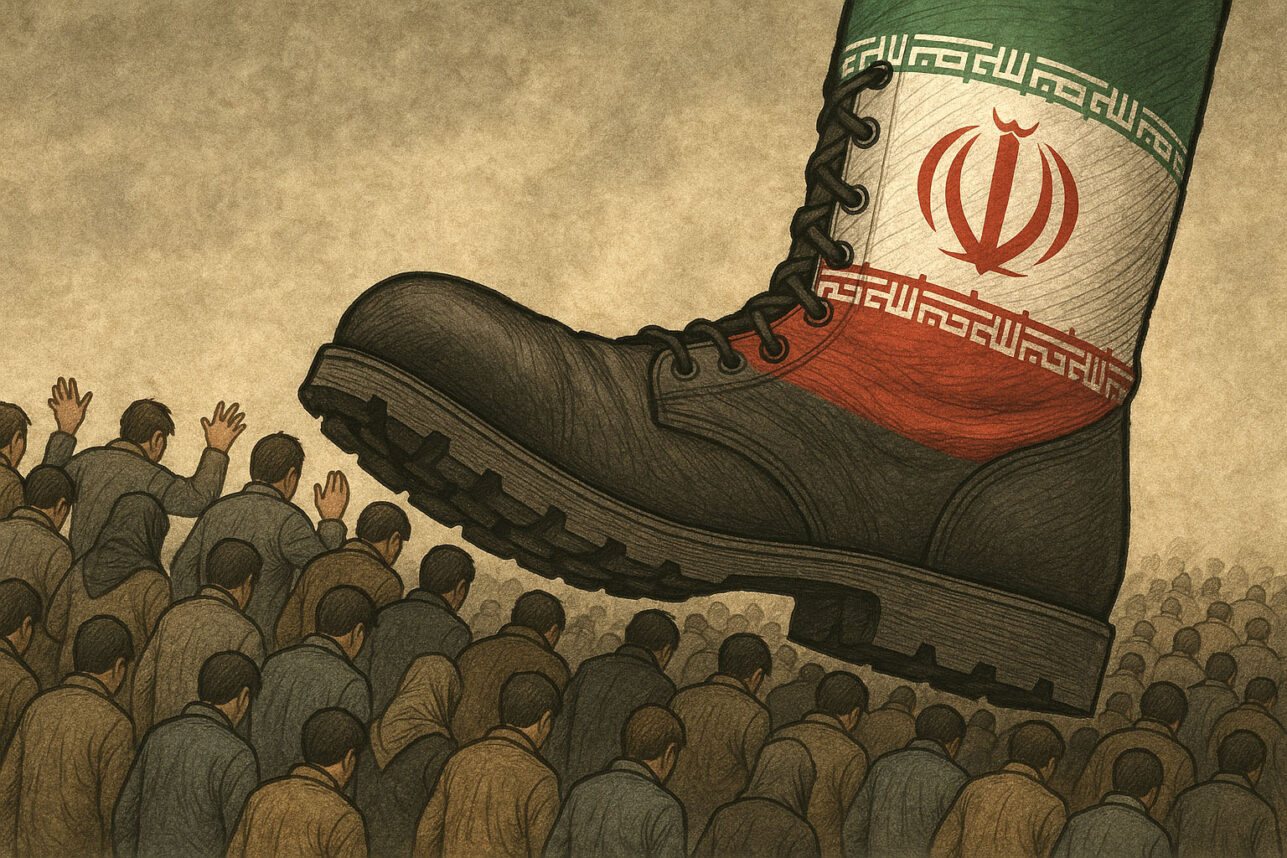
A phrase often attributed to nineteenth-century British Prime Minister Benjamin Disraeli is: “There are three types of lies — lies, damn lies and statistics.”
Many politicians lie, but in the Middle East they don’t seem to do much of anything else.
In Iran, leaders lie with such ease and frequency that it would be almost impressive if it weren’t so devastating. And the most famous lie that forever changed Iranian history is one which most Americans have never heard.
It started in 1978 when a movie titled “Gavaznha” (“The Deer”) was screened at the Cinema Rex in the southwestern Iranian city of Abadan. At 8:21 p.m., four men poured airplane fuel around the theater, barricaded the doors and set the building on fire. The screams of moviegoers could be heard by helpless firefighters outside, who couldn’t get close enough to rescue them.
It’s estimated that between 377 and 420 people were killed inside the theater. It was one of the worst terrorist attacks in history before 9/11.
Before the burned bodies were removed, the lies began: Word spread that the suspects belonged to the SAVAK, the Shah’s secret police. The public uproar was unforgiving and millions of angry Iranians blamed the Shah and condemned the Pahlavi dynasty.
That lie, spread by anti-Shah revolutionaries, lit the spark that ousted the Shah from power 41 years ago.
Today, we know the truth: The perpetrators weren’t aligned with the Shah but with fanatic revolutionary leader Ayatollah Ruhollah Khomeini. Fanatics had deemed the film immoral and decadent. They “punished” sinful moviegoers and managed to blame the Shah for the horror.
In Iran, leaders lie with such ease and frequency that it would be almost impressive if it weren’t so devastating.
Nearly 20 years after the fire, when one Iranian newspaper, Sobhe Emruz, hinted at who really was to blame, the regime immediately shut it down.
For four decades, blatant lying became standard practice for the regime.
And then, on Jan. 8, a Ukrainian passenger jet was shot down minutes after it left Tehran airport, killing all 176 people onboard. Iran’s first official action, before the bodies were even removed? It lied.
It wasn’t us, the regime insisted.
But the world quickly learned that Iran was indeed to blame. The regime’s next response? It’s true, we shot down the plane, but it was really the U.S.’ fault.
Iranian Foreign Minister Mohammad Javad Zarif tweeted, “Human error at time of crisis caused by U.S. adventurism led to disaster,” referring to the U.S. targeted killing of Quds Force Commander Qassem Soleimani on Jan. 3.
But millions of Iranians weren’t fooled. On the heels of the November 2019 protests, in which more than 1,500 people were killed, angry Iranians took to the streets to condemn the loss of the passengers and crew, many of whom were Iranian students and Iranian-Canadians.
It seems that Iranians now, more than ever, have had it with the “damn lies.”
Iranian students are now waving signs that read, “You’ve Killed Our Geniuses and Replaced them with Mullahs.” You can’t get more honest than that.
But there’s more: Some in Iran finally are admitting to the lies.
Two Iranian journalists recently resigned from a state-owned media television channel. Before her Instagram post was deleted, one anchor, Gelare Jabbari, had a message for millions of Iranian viewers: “Forgive me for the 13 years I told you lies.”
That’s the thing about lies. Sooner or later, they catch up with you.
A revolution that began with a lie turned into 41 years of tyranny. But something tells me that this time, between butchering protestors in the fall and downing a passenger jet in the winter, the regime, despite all its efforts to survive, may finally have set itself on fire.
Tabby Refael is a Los Angeles-based writer and speaker.


































 More news and opinions than at a Shabbat dinner, right in your inbox.
More news and opinions than at a Shabbat dinner, right in your inbox.